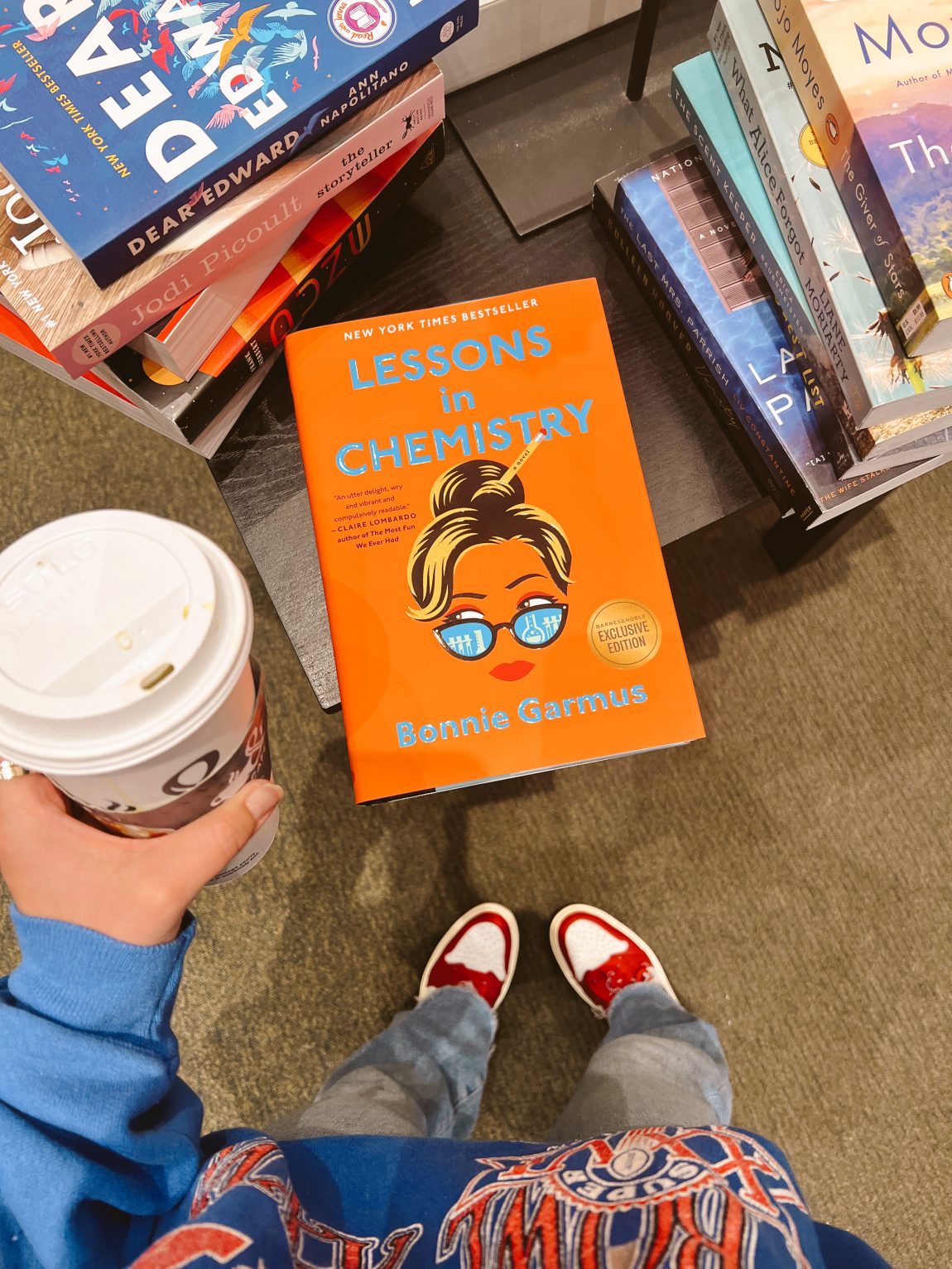
Lessons In Chemistry by Bonnie Garmus
ABOUT: Chemist Elizabeth Zott is not your average woman. In fact, Elizabeth Zott would be the first to point out that there is no such thing as an average woman. But it’s the early 1960s and her all-male team at Hastings Research Institute takes a very unscientific view of equality. Except for one: Calvin Evans; the lonely, brilliant, Nobel–prize nominated grudge-holder who falls in love with—of all things—her mind. True chemistry results.
But like science, life is unpredictable. Which is why a few years later Elizabeth Zott finds herself not only a single mother, but the reluctant star of America’s most beloved cooking show Supper at Six. Elizabeth’s unusual approach to cooking (“combine one tablespoon acetic acid with a pinch of sodium chloride”) proves revolutionary. But as her following grows, not everyone is happy. Because as it turns out, Elizabeth Zott isn’t just teaching women to cook. She’s daring them to change the status quo.
Laugh-out-loud funny, shrewdly observant, and studded with a dazzling cast of supporting characters, Lessons in Chemistry is as original and vibrant as its protagonist.
MY THOUGHTS AND WHAT I LOVED (no spoilers): I was hesitant to read this book. Mostly, because I fell into the trap of “judging a book by it’s cover”–this particular cover giving me all the vibes of a self-published, cheesy, airport read. Airport reads are a step below beach reads in my personal rating scale. Don’t get me wrong, I do love a clever, mind-numbing romance or mystery novel with two dimensional characters and an often too predictable plot line. I’m all for a mind-numbing binge every now and then, but overall, they lack the substance of a novel whose characters and stories stick with me–I suppose I see them as the reality tv of literature (entertaining but only in small doses). When I saw that Barnes and Noble was touting this novel as their “book of the year”, I almost became even more skeptical–going so far as imagining back room business dealings made by publishers and executives in exchange for pushing this book to customers (my imagination can go on a tangent). Even the plot description on the book jacket didn’t capture my interest. Eventually though, I decided to give it a try after reading so many reviews from people who loved it. The verdict, my assumptions were proven totally wrong. I LOVED it! And, I was humbly reminded never to judge a book by it’s cheesy cover again, lol.
If you dive into reader reviews of this novel you will see thousand of polarizing opinions about the merit of this book and author–many claiming it to be the best book they’ve ever read, and nearly the same number of people claiming it to be bias, agenda pushing garbage. I was shocked by the passionate opinions this book brought out in so many, when for myself, it was simply entertaining and thought provoking with a wonderful cast of unique characters. I found many of the negative reviews to be taking this novel a bit too seriously–but then again, high expectations seem fair for a novel being called “the book of the year” by a top bookseller. I also felt like many of the negative reviews were coming from readers who clearly didn’t share the authors social and political viewpoints and viewed her plot choices as promoting feminist and religious agendas. I get it, I really do. The book was heavy with vile (even abusive) male characters and also spent many pages discrediting religion with science. And while I don’t have to share all these same viewpoints, I understand that many times an author will use extreme examples to illustrate a theme or social issue that many have swept under the rug for so long. So, I appreciated the light and readable way she used the story of a female, single-mom, eccentric chemist in the 1960’s to tell a bigger story of women fighting to take up space in a male dominated world.
I realize that everything I’ve shared about this book so far isn’t going to make you want to run out and read it. But also, trust me when I say that it is hard to put this wonderful, quirky book into words. It is surprising, heartwarming, filled with highly imperfect yet lovable, well-developed characters including a dog named Six Thirty who shares the best inner monologue and keen observations about his humans. You’ll experience a full range of emotions as you read. My favorite books tackle tough topics using a healthy balance of hard truths and humor–Bonnie Garmus does this beautifully.
I’m currently reading beautiful novel about grief and loss (The Shining Life by Harriet Kline). It is lovely and heartfelt and honest and my own personal experience with losing a loved one has me connecting with every single word. BUT, it is really really hard to get through. It’s SO real. And that’s important. Because the experiences of each character is so raw, I find my heart needing to take breaks after only a few chapters.
Lessons in Chemistry is one of those novels that touches on several important and tough themes in a digestible way, sandwiched with humor. mystery and eccentric musings making this a tough book to put down. I recommended it to my Nana–she loved it and said she could relate to SO much of what the main character experienced as a working woman and mother in the 60’s.
Overall, I HIGHLY recommend. I would tell you more about what I loved about the book and characters, but I think this book reads better if you don’t know too much about the plot in advance.
MY RATING: 4.5/5 stars





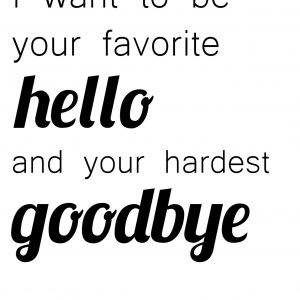


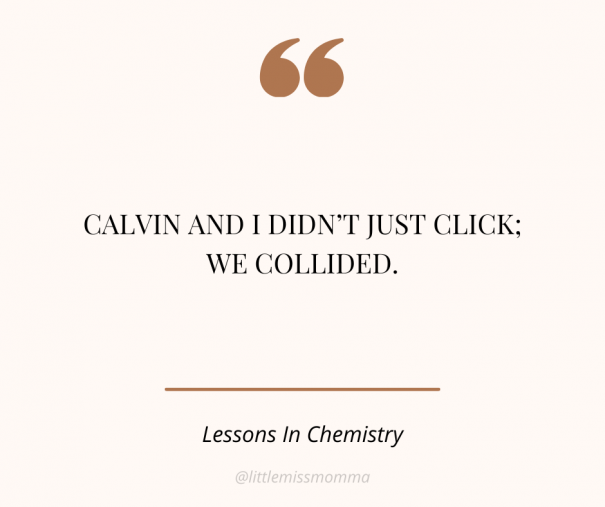
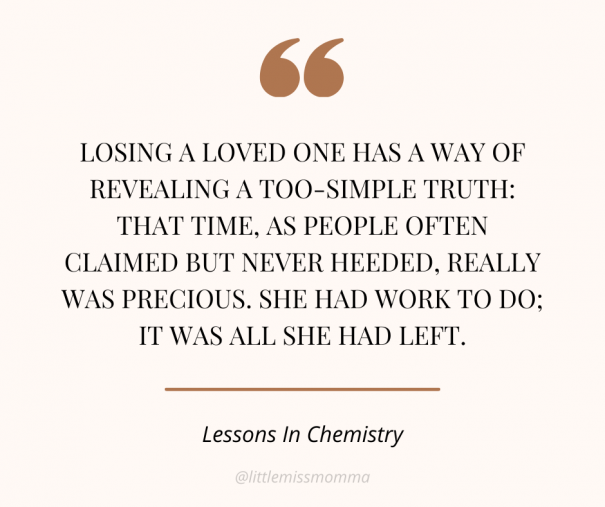
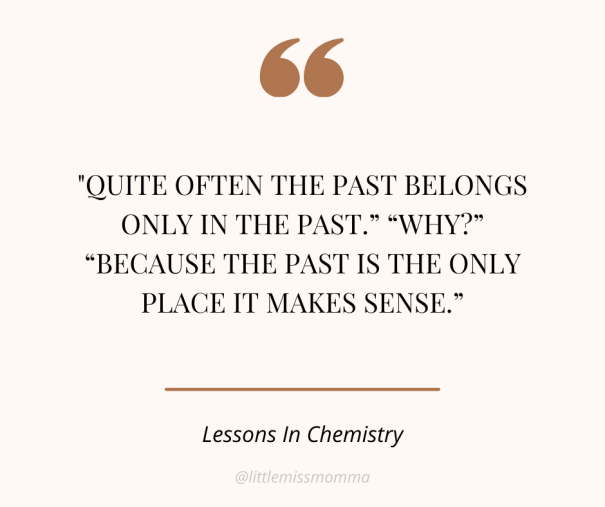
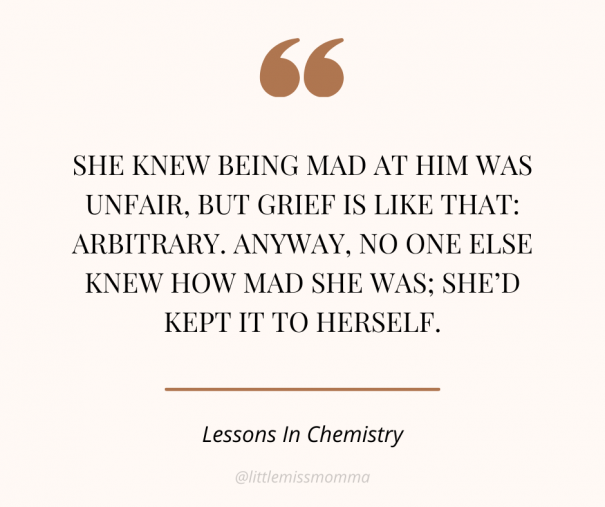
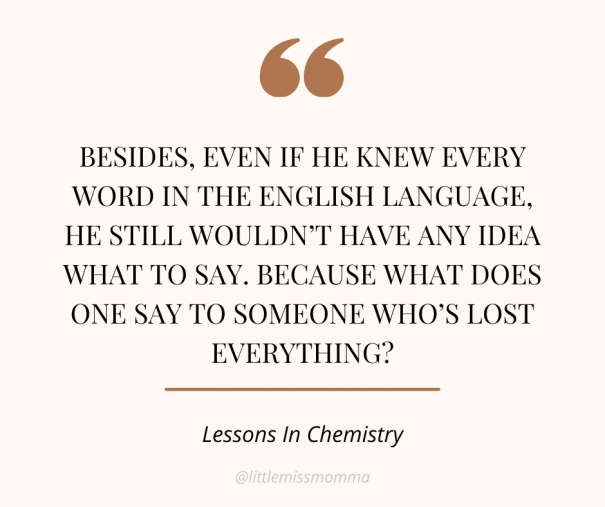
DeepSeek R1 Zero
I encountered your site after doing a search for new contesting using Google, and decided to stick around and read more of your articles. Thanks for posting, I have your site bookmarked now Deepseek V3.
otiscavin
If you’re wondering whether to pick it up—whether you’re a book club regular, Incredibox Sprunki a casual reader, or just curious after seeing the buzz—here’s my take, spoiler-free.
skribbl
The game shell shockers, which is a fun and engaging way to interact with friends, has been tested by you.
playsupermariogame.online
“Super Mario Online” has two meanings. Nintendo Switch Online provides official online play for classic Mario games and titles like Mario Maker 2 and Mario Kart 8 Deluxe Super Mario Bros Game Online. Many unofficial, fan-created versions also exist online, often browser-based, but these vary in quality and safety.
playdoodlebaseball.com
Play ball while the virtual block cheers you on to the victory! Doodle Baseball Unblocked‘s simple yet addictive gameplay is one of the things that makes it so enjoyable.
playdoodlejump.com
Search our Google Doodle Jump Game library to find collections or individual Doodles Jump sorted by date, topic, and additional filters.
playsupermario.online
Super Mario is a platform game series created by Nintendo starring their mascot, Mario. It is the central series of the greater Mario franchise Super Mario Game
doodlecricket.online
Search our library to find collections or individual Doodles sorted by date, topic, and additional filters Google Doodle Cricket Unblocked.
lkocallgirls.in
Thanks for sharing that valuable info, it was very helpful! Check out this website for some fun – they have games, videos, and more Independent Escorts Services Alam Nagar.